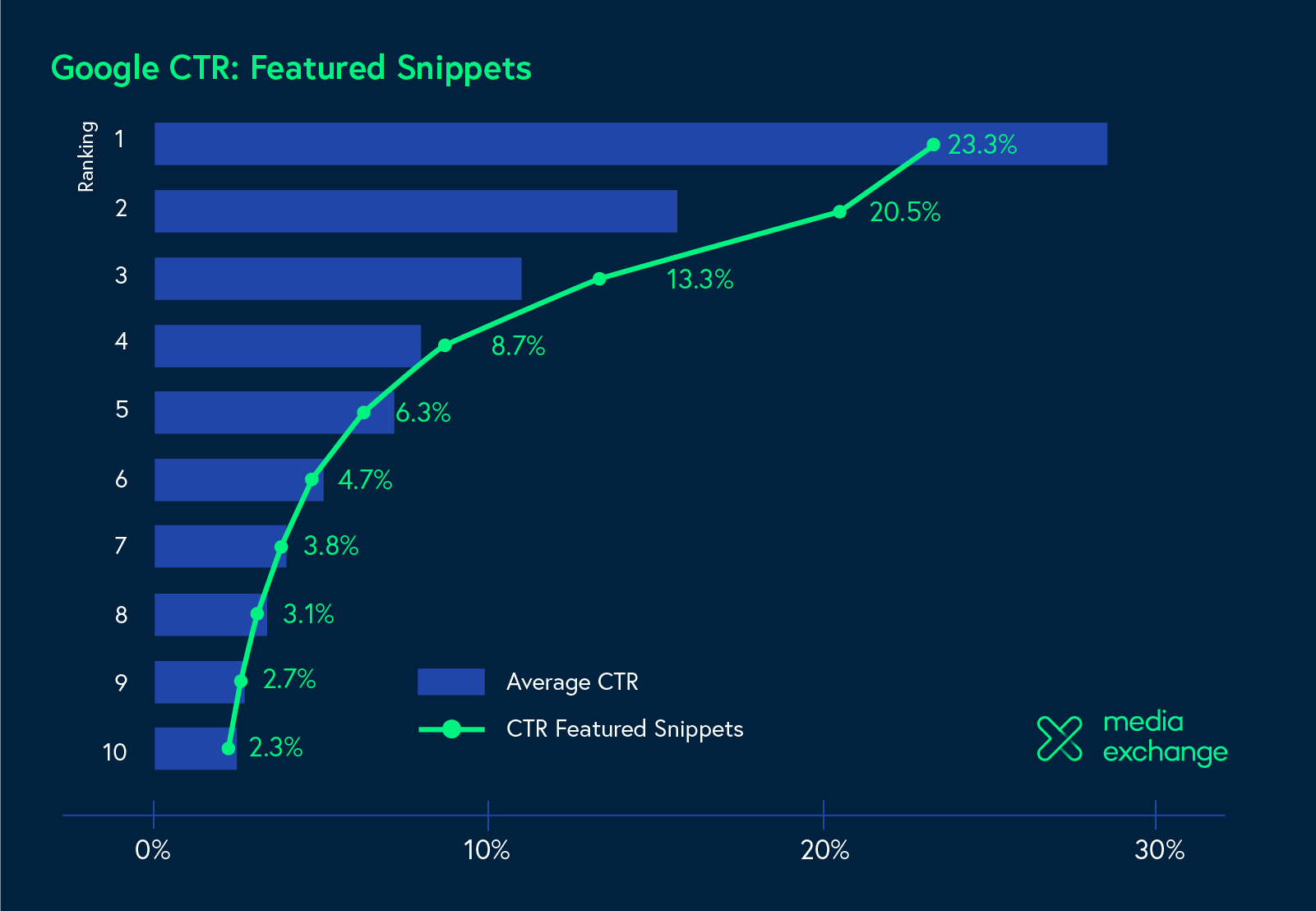Two of my favourite aspects of sports are the process of team-building and the necessary evil of player trades.
(I know, this isn’t the opening you were expecting, but bear with me — the analogy will make sense soon.)
Moving players, exchanging skills, upgrading in one area, losing some talent in another, all in the pursuit of being the best team at the end of the day — it’s a thrill I never get tired of.
In particular, I love the way trades and movement can alter a team’s floor and ceiling. If you aren’t super familiar with sports, this is essentially what those terms mean in context:
- Floor: The minimum expected output a team would be able to produce based on who is on the roster. It’s an evaluation of the collective talent and a suggestion of what they should be able to accomplish at their worst.
- Ceiling: The opposite of the floor, a team’s ceiling is the best possible output a team could achieve if everything broke right for them. Assuming good health, a hot streak and/or player chemistry, it’s the absolute max they could hope to accomplish.
You want a good floor so you can consistently be at a decent level no matter what, and a good ceiling to indicate your incredible potential.
When teams make trades, they typically try and get an asset that is either a floor-raiser (if they’re thinking long-term) or a ceiling-raiser (if they want to win right now and are less concerned about the future). Or both, if they can.
As much as I enjoy writing about sports, I think this concept also maps well onto our two key players in search: if your overall marketing strategy is the team, organic search strategies are your longer-term, floor-raising player, while your paid search campaign is your immediate ceiling-raiser.
Let’s get into what I mean before I get lost in Darius Garland highlights. #GoCavs
Taking the court — organic and paid search
When you use Google or other search engines, the results you get to choose from come from either paid search results or organic search.
What is organic search?
As we’ve analogised, organic search is your floor-raiser — it’s the aspect of your search marketing strategy that provides a long-term outlook on your visibility in search engines. Websites form a massive part of digital marketing strategies for practically any business, and as such, one of your biggest considerations in organic search strategy will always be how to make sure people can find your website on the search engine results page (SERP). More than half of all search traffic goes to pages in the top 1-3 positions of a SERP. Precious few users click on a result from the second page or beyond.
In short: ranking in the top 10 results is powerful and important.

The primary strategy for improving organic search results is Search Engine Optimization (SEO). SEO is the process of improving a website’s visibility in search engines to gain more unpaid traffic. SEO involves working on three aspects of a website:
- Technical profile: Speed, crawlability, sitemap and security. All of those back-end things that your techy mate is always talking about.
- On-site content: Your website content, including category pages, blogs, headings, titles and anything that can be read by a user.
- Off-site connections: Backlinks from other websites, social media connections, reviews and mentions around the internet. The more your website is referenced by others, the more search engines will trust it.
Overall, an SEO strategy is aimed at satisfying the multitude of ranking factors that Google has in place to evaluate web pages.
Organic search results
Organic search results are tracked by examining your organic search rankings for relevant keywords, as well as how much traffic those keywords are delivering. This keyword data can be tracked using Google Search Console (which we recommend every business should set up — it’s free!), or SEO tools like Ahrefs or SEMRush.
With this in mind, your organic search marketing strategy should be about more than just getting SERP rankings; it’s about whether those rankings are delivering actual, organic traffic too. It might be easy to rank for different keywords or phrases, but if the organic results generated aren’t relevant to your brand or the content on your landing page, then they aren’t doing anything for you.
What is paid search?
When you search for something on Google, in many cases the first (and last) few results that will come up will be paid search ads. Search engine marketing, in the form of paid search strategies, improves the ceiling of your marketing strategy — it gives an immediate boost to your SERP visibility. These paid ads typically appear at the top and bottom of a SERP, couching organic search in between.
Paid search traffic comes from internet users clicking on your Google ads (or Bing ads, if you’re using that). Google ads and paid traffic typically form a key part of a search engine marketing strategy, running on a pay-per-click model: you only pay each time someone clicks on your ad and can control your ad campaign budget manually to ensure monthly ad spend remains cost-effective.
Paid search results
Paid search marketing results will only appear in an ad group on the SERP if brands are bidding on the keyword or search term that was used. This is why there is an ever-present group of paid search ads for a keyword like ‘media agency melbourne’ (many brands want to appear for that search), and no ads for ‘worst coffee melbourne’ (cafe owners aren’t that foolish).
Paid search marketing is measured with different metrics depending on the consumers you’re targeting, and which stage of the sales funnel they’re in. At the top of the funnel, consumers are just becoming aware of your brand or product, so tracking impressions is useful as well as the click-through rate and website visits. By the time they’re at the bottom of the funnel and looking to purchase, you can measure things like return on ad spend (ROAS) or cost per acquisition (CPA).
The difference between organic and paid search
Simply put, there are two main things: expectations for your investment, and intention behind searches.
Investment
With paid search marketing, you are paying to have immediate results, regardless of how well-known your brand is. Depending on the keywords you’re bidding for, it could cost you a decent amount to compete effectively, but it does give a greater likelihood that you will be seen in the SERP if you are a new brand.
Organic search will almost certainly take a lot longer, but it does offer many opportunities to save money, including writing blogs, improving website content, setting titles and meta descriptions, and updating your Google business profile. There are also plenty of free SEO tools online that can be used for keyword research or finding popular organic search trends.
Intention
Outside of those aspects, another key difference is typically intention. Paid search is designed to fast-track your digital marketing and online presence and get you leads or purchases near-immediately. Organic search is more about building your overall brand reputation and garnering credibility by ranking well.
There’s an inherent understanding that organic rankings are hard to earn, so when a brand appears at the top of organic search results, they don’t only receive a greater share of clicks and traffic — they improve their reputation and appear as a more trusted source, whether it be for information, services or a product. Paid search may generate quicker results, but because consumers know you’re paying for that, it doesn’t deliver the same level of credibility.

Making search engines work for you — combining paid and organic search
You might think it isn’t worth it running these strategies alongside each other because they are both essentially working towards the same goal: getting users to your website. But combining paid search and organic search can provide several benefits to your overall search engine marketing strategy.

Visibility
Leveraging both channels allows you to maximise your online visibility and reach a larger audience: paid search provides immediate results and helps you target specific keywords and audiences, while organic search establishes your long-term presence and improves your overall website authority.
The combined organic and paid marketing approach keeps you ahead of the competition. Appearing in both the top organic listings and paid search results increases your brand visibility and gives you a better chance of capturing clicks from relevant audience members.
Audience knowledge
Combining paid and organic search also helps you gain valuable insights into your target audience. By analysing data from both channels, you can identify which keywords, ads, and landing pages are driving the most traffic and conversions, and make data-driven decisions to improve your paid campaigns further.
Using both strategies also ensures you can target consumers at all stages of their purchasing process.
Hannah puts it nicely

Owning the search engine results page
Whether it’s organic or paid search you’re going for now, the best thing you can do is recognise the value in both. You might not be able to invest in both at the same time, but knowing how each works, how to measure your results and the benefits you can gain will help direct your overall strategy.
In an ideal situation though, when you’re deciding what to pursue, it isn’t paid vs organic search.
It’s the two of them combined, building your floor and your ceiling together.












